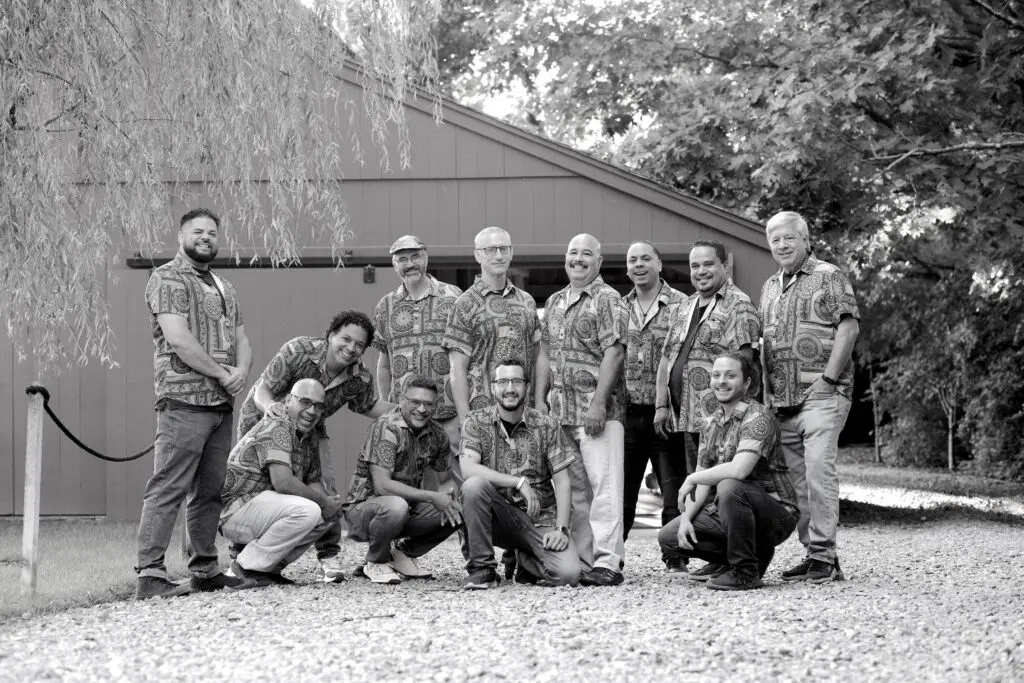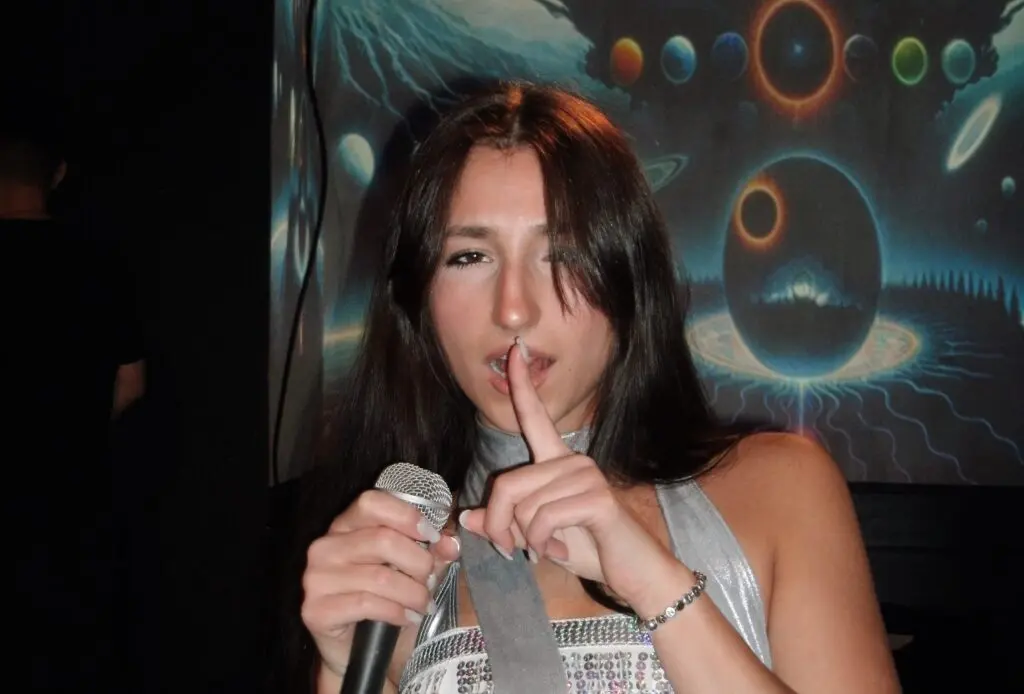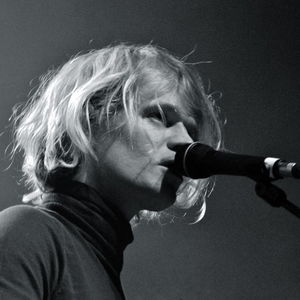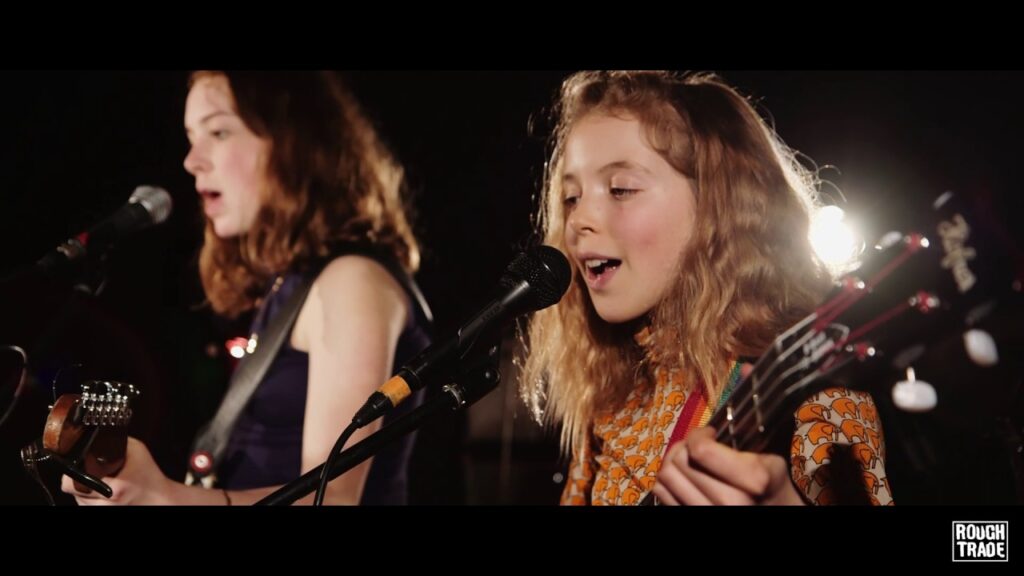Bailey Bennett -The New Paltz Scene, an Intimate Basement Venue and Power of Noise and Underrepresented Genres By: Joshua Reedy
Written by Rob Smittix on August 1, 2021
Bailey Bennett is the exceedingly kind, humble and eloquent mastermind behind several mostly unnamed solo experimental noise projects. On top of using twisted tape loops to create churning, stunning walls of texture with which to accompany himself; Bennett also lives in and operates an intimate basement venue in New Paltz alongside several similarly talented roommates. After attending my very first post-COVID basement show, Bailey and I sat down for my first in-person interview since the lockdown to discuss his style of performance, the New Paltz scene and why noise music is deserving of a higher level of recognition.
RRX: I want to start things by just asking you, because this is a totally new scene for me, to tell me a bit about the New Paltz scene having spent time here in college. I know that’s a big question.
BB: I feel like if I were to give one comparison band, that people would know, to the New Paltz scene it would be King Gizzard (and the Lizard Wizard). A lot of bands here have that sort of jazz influence, a lot of people here get it just from being music students who study with the jazz professors. You get a lot of kids who love the heavy-metal and/or psych-rock scene. I think a band like Kablamo! who played last tonight is a really solid example of the quintessential New Paltz band. The noise scene, which is what I am a part of, is sort of non-representative; my whole goal is to promote that and the weird and not shown artists.
RRX: So, like, outsider music that normally isn’t accepted.
BB: Yeah, and I live with six other people but my goal with the venue is to uplift bands that don’t really get to play here. And we can really push the boundaries on what is unrepresented in New Paltz. I think it’s important to the health of the scene, to have a well-rounded lineup of bands. Yes, it’s important to have those psych-rock bands but it’s also important to have that fucking weirdo, prurient-type noise artist included.
RRX: Right. And before I get into what you do as an artist, I want to touch on the venue here itself. I want you to describe what living in a house with a bunch of other musicians and running a venue out of the basement means to you.
BB: It’s really liberating. We’ve just utilized this power. And I threw together this bill, without much of a democratic process (laughs), because On Pink was looking for any shows they could play on July 12th and I just said “You guys wanna play my house on the 14th?” and they were like, “Yeah!” I threw together most of the acts, but it really became a collaborative effort and to me it’s really intoxicating to be able to have, not only really talented musicians in our space giving their all sweating their ass off in this basement, but also having people want to be there and experience it all is amazing. I love music and performers, so being able to act as the intersection of where music becomes performance and visual art that people can engage with is great.
RRX: And it’s no doubt we were all sweating our asses off tonight (laughs). But I’d say having this kind of performance go on in a basement definitely brings a new layer of intimacy and I’m sure the bands would agree.
BB: Yeah! And I think that that intimacy that’s strived for is owed to a lot of the pre-existing house venues here in New Paltz; Nacho House is one that comes to mind. Nacho House had a great festival my freshman year here, but they’ve had a really great four to five years of band performance and audience attendance that was really impressive for a small intimate basement. Seeing that, I really strive for that level of community which I don’t think can really exist without the proprietors of the scene despite the differences in taste and music.
RRX: And that’s a good segue because I was going to ask you about other venues around here and what kind of community there is here. In Albany, it can be very limiting at times with different sides of the scene feeling opposed to each other and trying to bridge that gap can be tough. I feel there may be a tighter sense of community here just due to the sheer amount of art being pumped out by the college scene.
BB: Yeah that’s a really good topic. Post-COVID has created a new canvas that all of these artists now have to fill; that may be a pretentious way to frame it (laughs) but I think there was an emotion that was felt tonight. Very few of us have had this opportunity to sweat together in a basement; I think that’s what makes the cornerstone of the community. I remember being here as a freshman and having venues like Crazy Dan or Nacho House which I mentioned, or the Groove Grove who got a ton of great bands. Laveda has played Groove Grove, which blew me away. There are so many venues that I couldn’t name them all.
RRX: And this is the first live show I’ve been to since COVID and first in person interview I’ve done since COVID as well. We can have a little bit of a collective sigh of relief for this very recent return to normalcy.
BB: It really is like a blessing. I feel so lucky that this could happen at my house with my friends and people that I know and care about. With all of us being vaccinated and some of the fears of COVID being sort of subdued, we were able to have this really excellent experience, and to be the epicenter of that is phenomenal.
RRX: So now I’d like to get into what you do with art personally. To start things broad, I’d like you to try and summarize what your goal with music.
BB: First of all, I can’t exist without Swans (laughs).
RRX: They are a great reference point!
BB: A lot of people will pick up on that. Public Castration Is a Good Idea is one of my favorite records.
RRX: He’s not just saying that folks, it’s the name of an album!
BB: Right (laughs). That record; it was incredible for me to hear as a longtime Swans fan. The first time I heard it I just felt that they had perfected this industrial style that had already been minimized to a point where it’s almost solely percussion. And they use rock instruments to create that sound. What I do couldn’t exist without Swans and their live performance. I’ve never been in a band, it’s always been my dream to but I can only sort of do my solo stuff right now. I have a tascam 464, which is a great piece of machinery that I’m so lucky to have; to me, that is my bandmate. I will play something, and I’ll stop the recording and I’ll just be like “What is this?”
RRX: You must be like, “Nice work tascam! I love what you did with that last part!”
BB: (laughs) Yeah, it really just either cuts a high end or boosts a low end that sort of makes it this team effort. Listening to an album like that Swans record, it shows you how to take a piece and simplify it down to those very angry, primal roots. And the world itself is angry, despite whether or not you want it, the world is angry and violent.
RRX: So now that we’ve talked a bit about your goals, let’s get more into what exactly it is that you do. You mentioned the tascam already but tell me more about the tape manipulation setup.
BB: So, tape is inherently organic; It’s a vessel that contains a sound that otherwise cannot be captured. If you have a tape, and you play it ten years later it will sound different. With the tascam it has built-in pitch modulation, it has a switch that activates a high and normal speed, which a lot of tape machines don’t have access to. Access to these features creates a very organic relationship with guitar, which I already feel is a very dynamic instrument. Taking a visceral style of guitar playing and filtering it through an analog system creates a very intriguing setup. There was actually a time tonight where I played a melody, and I stopped recording, listened back and I was like, “did I just fucking play this?” It’s a humbling situation where I don’t feel like that master.
RRX: You’re being guided by the sound instead.
BB: It feels very spiritual and cathartic.
RRX: I want to talk about some of the unconventional ways that you play the guitar. Tonight we saw you using a bow and rusty nails to get some crazy sounds.
BB: Listening to an artist who decides to take an object and uses it to play guitar and create these textures is always cool. I was working with my dad one summer in my hometown of Saratoga and I found all these really big, old rusty nails. To me, they were gorgeous.
RRX: So, you didn’t pick those up at Guitar Center?
BB: (laughs) No, but I really enjoy the Fluxus movement because they did not care about the outcome; to them it was the tools and the process that made up the art. When I use those old nails, using the rust and the dirt, it creates a different feeling.
RRX: As we come to a close, why don’t you talk about some other New Paltz bands and the bill tonight. I know On Pink is made up of some of your buddies.
BB: Yes, and shoutout to Lip Critic, they’re incredible as well. Nazca Plate played tonight as well as Kablamo! who are also in another band called Bby Carrots.
RRX: Yes! They played the Byrdhouse in Albany.
BB: Right! Shout out also to Delphino and Proximity Crush and the Byrdhouse people. Oh, and Jack Lynch of course, who also did a set tonight.
RRX: Do you have a stage name you’d like down or should it just be you?
BB: (laughs) I don’t know, I struggle a lot with ego stuff so I suppose it should just be my name.
Follow Bailey on social media:
https://www.instagram.com/bee_person1800/





 RadioRadioX
RadioRadioX